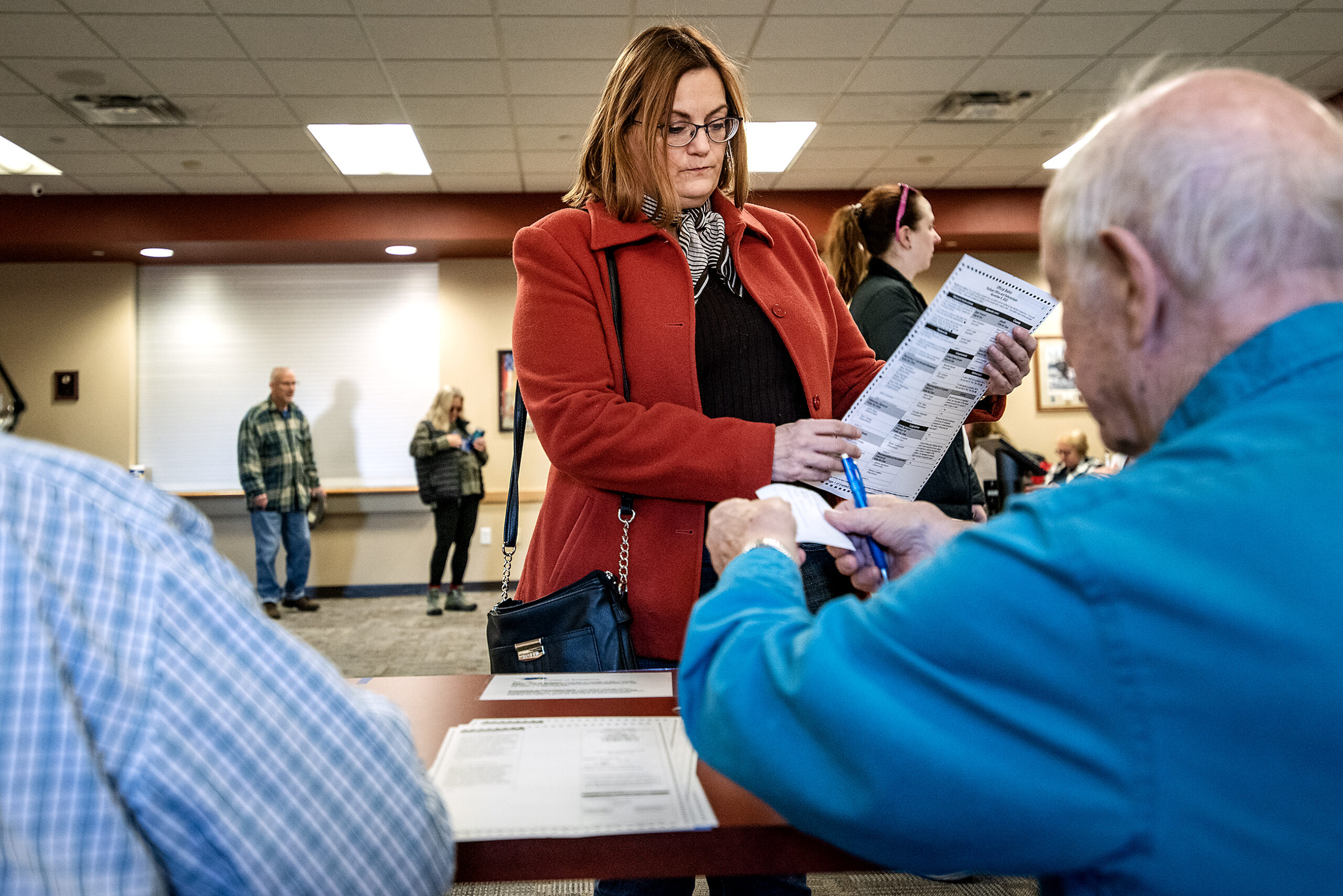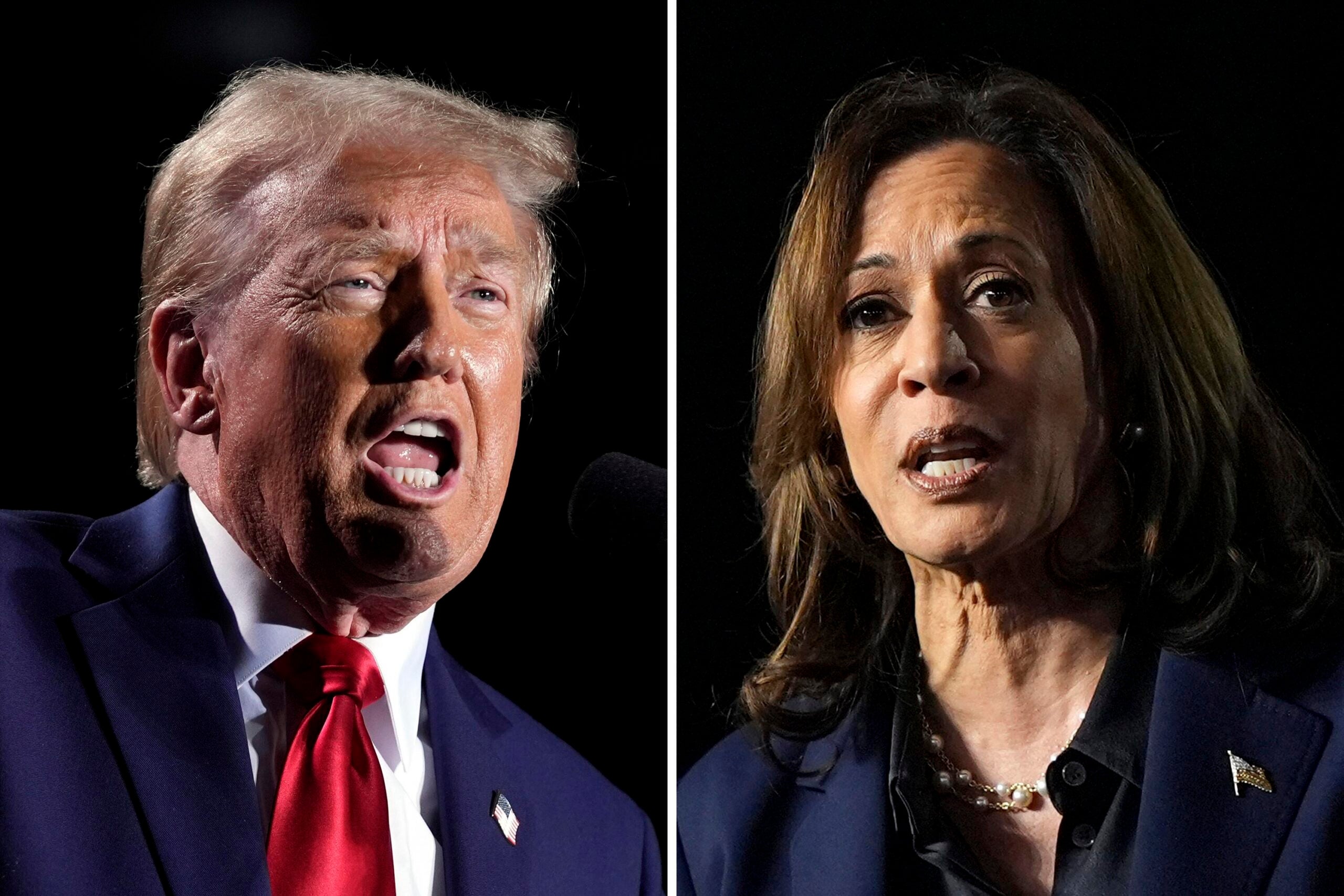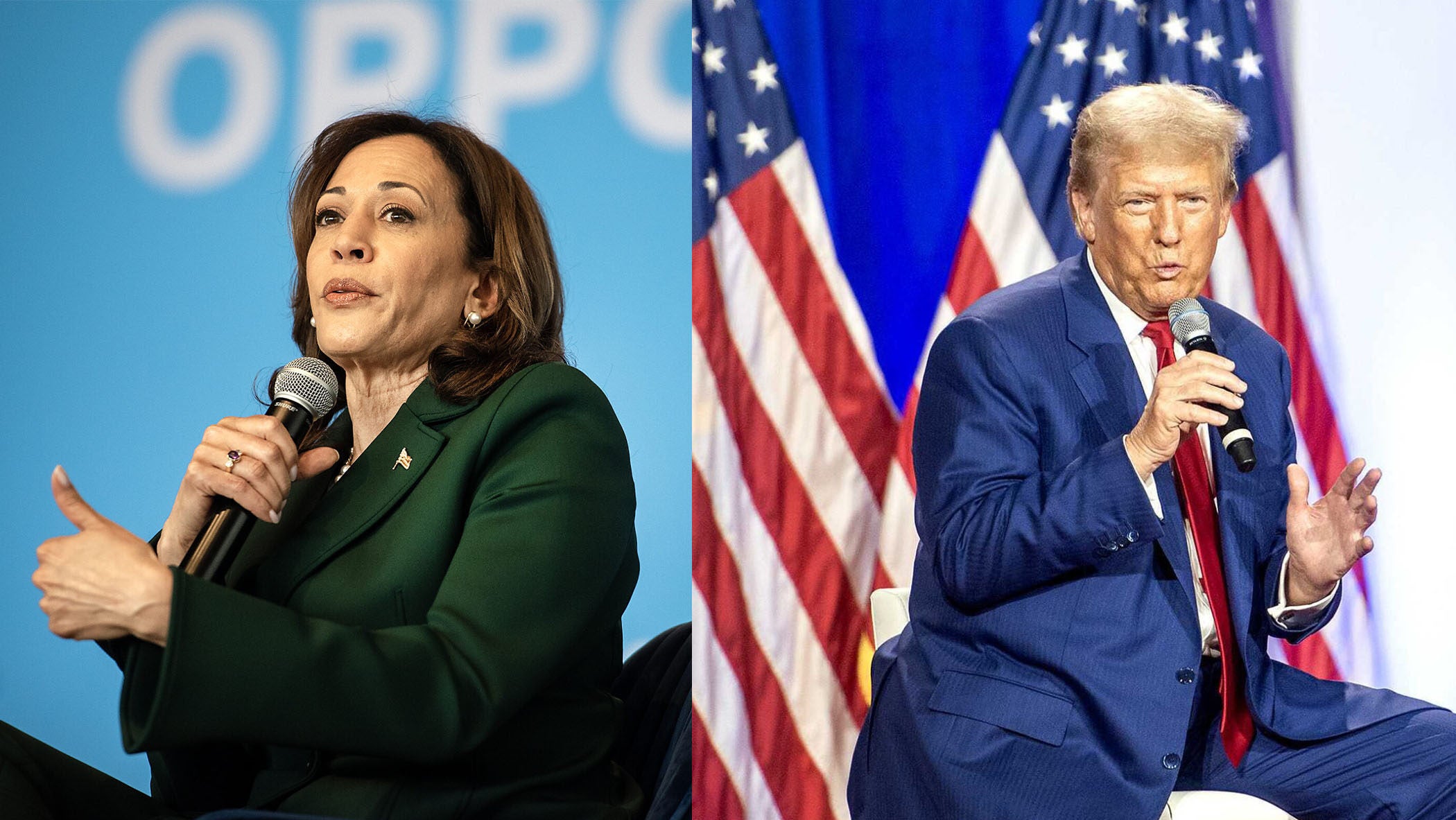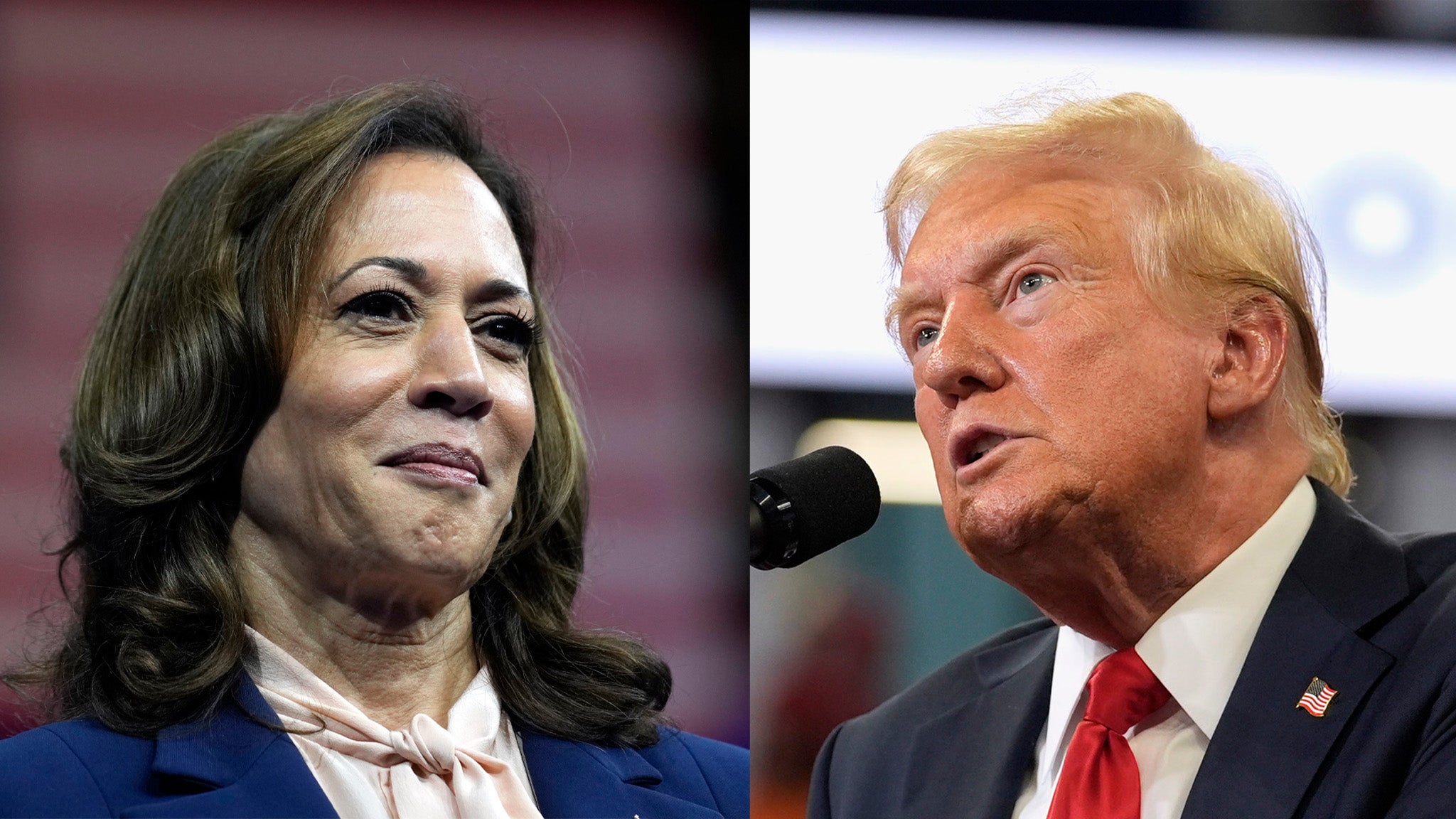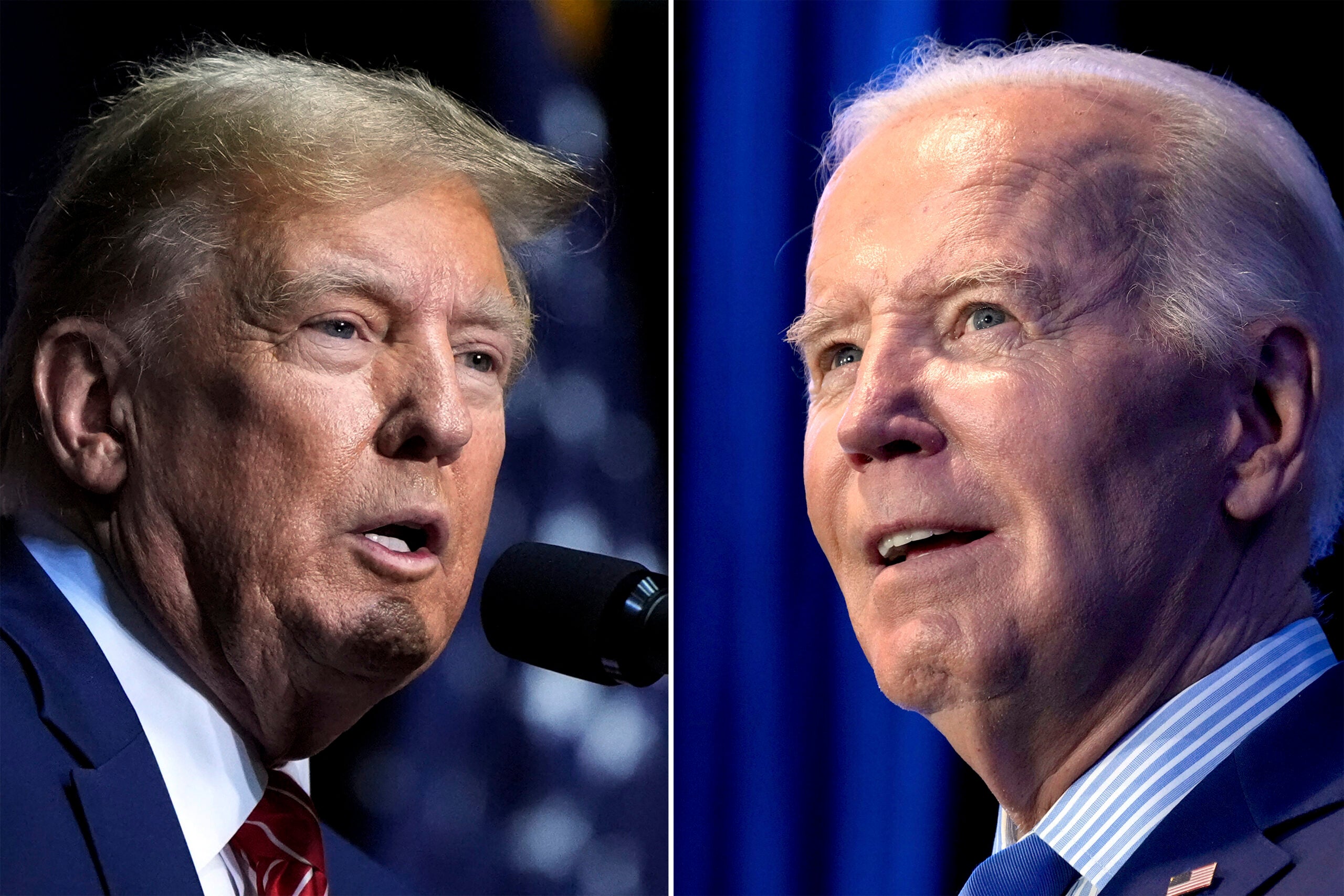Nearly two-thirds of respondents to a new poll say U.S. Supreme Court justices base their decisions on the law rather than politics.
The Marquette University Law School poll released Monday found 64 percent of respondents said they believe the law, rather than politics, mostly motivates the justices’ decisions.
In an interview with WPR, longtime Marquette pollster Charles Franklin said the finding shows that despite fierce political battles in the U.S. Senate over presidential Supreme Court nominations, the majority of Americans view the court as legitimate and have confidence in it.
Stay informed on the latest news
Sign up for WPR’s email newsletter.
“They see an institution that they believe responds to the law more than politics and that is relatively centrist or a little bit to one side or the other but not extreme,” Franklin said.
When asked whether Supreme Court justices should base their decisions on what the U.S. Constitution was “understood to mean when it was originally written” or on an “evolving meaning” of the text, 57 percent of all respondents chose the latter.
But responses to the question of original intent versus evolving meaning were heavily influenced by respondents’ political leanings, the poll found.
Those identifying as conservative or very conservative overwhelmingly supported an originalist approach when using the Constitution to decide cases before the Supreme Court. For those identifying as liberal or very liberal, an evolving meaning was strongly favored over an originalist approach.
Those identifying as politically moderate supported an evolving meaning as well by a margin of 62 percent to 38 percent.
The survey also found that 71 percent of respondents favor fixed terms for justices. Even when broken down by political leanings, fixed terms were favored among Republicans, Democrats and independents. But 56 percent of respondents oppose increasing the number of justices on the court. Both ideas have been offered as ways to address increasing polarization over the court’s makeup.
Franklin said he was a little surprised at the strong support for Supreme Court term limits. He said it’s possible it comes from an understanding among people that other branches of government do not have lifetime appointments.
“So, I think in that the popularity of term limits on justices is something that doesn’t arise out of the current political debate,” Franklin said. “Whereas expanding the number of justices and limiting of jurisdiction for judicial review, that is a bit more tied to partisanship, though not overwhelmingly so. But there is a clear connection there.”
Survey respondents were also asked for their opinions on a variety of past and upcoming Supreme Court cases.
More than half of those surveyed said they strongly opposed the U.S. Supreme Court case known as Citizens United, which allowed corporations to make donations to candidates running for office. A majority of those surveyed also strongly opposed the use of race as a determining factor in the college admissions process and excluding birth control coverage based on religious beliefs.
A majority of respondents said they strongly favored Supreme Court decisions that allowed same-sex marriage and affirmed the right for individuals to own guns.
The law school interviewed 1,423 adults nationwide in September about their confidence in the court. The poll has a margin of sampling error of plus or minus 3.6 percentage points.
Wisconsin Public Radio, © Copyright 2024, Board of Regents of the University of Wisconsin System and Wisconsin Educational Communications Board.


